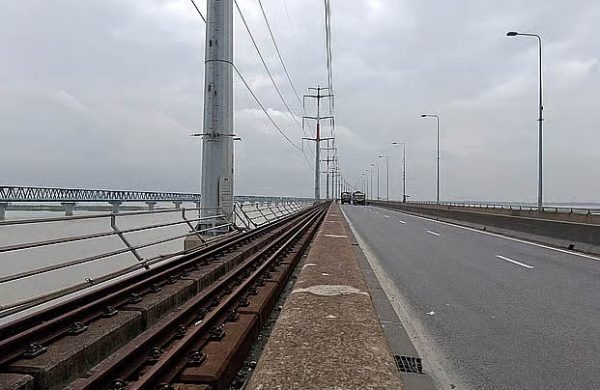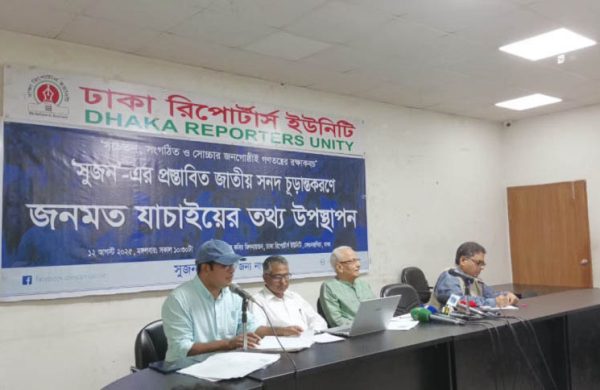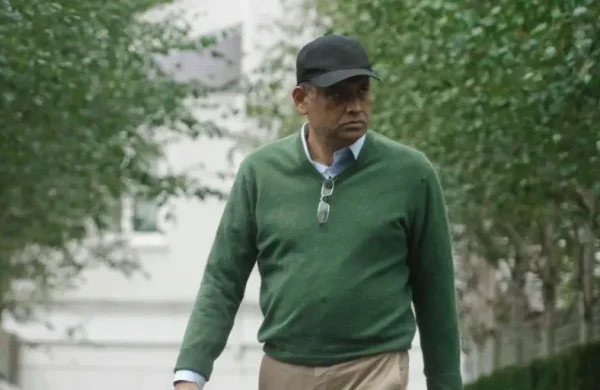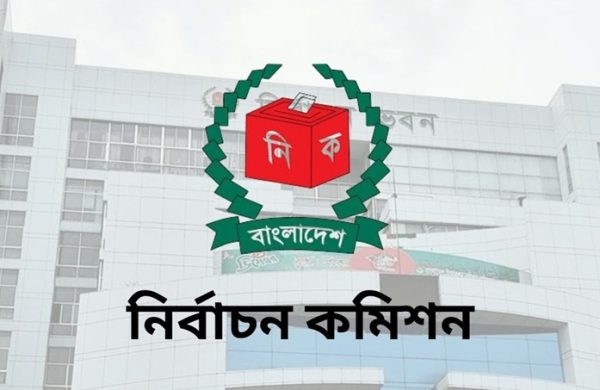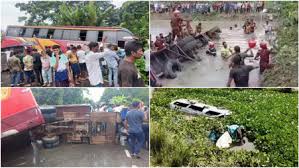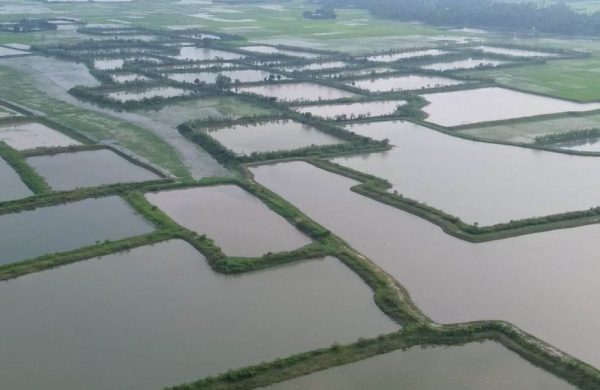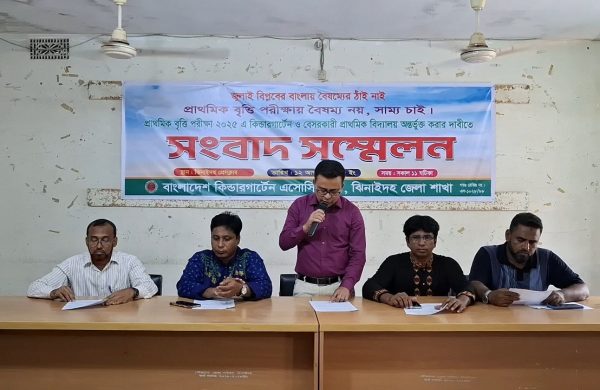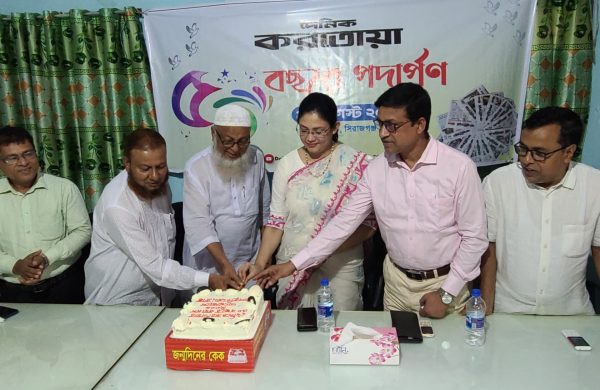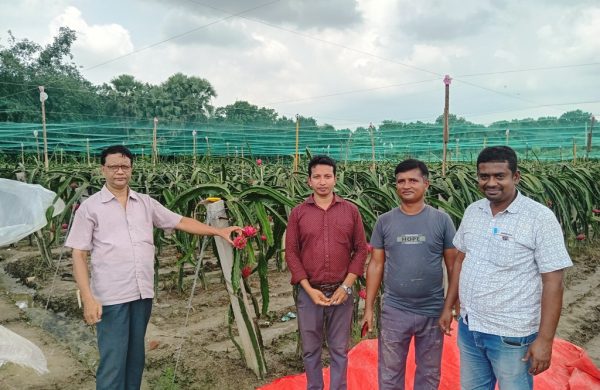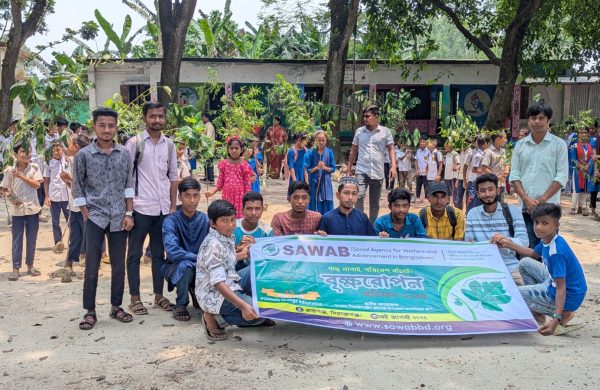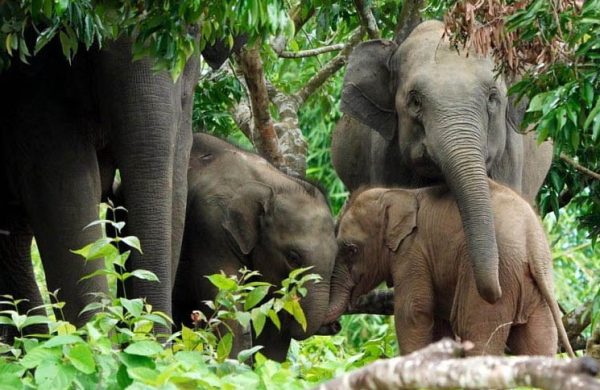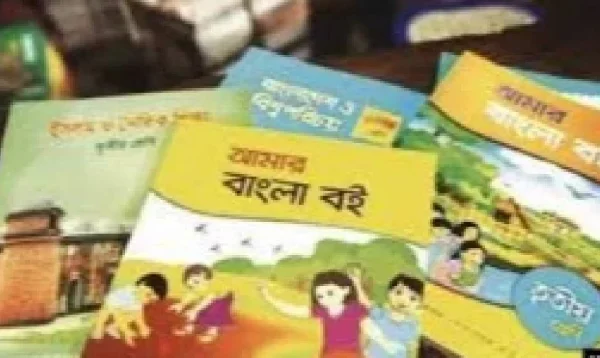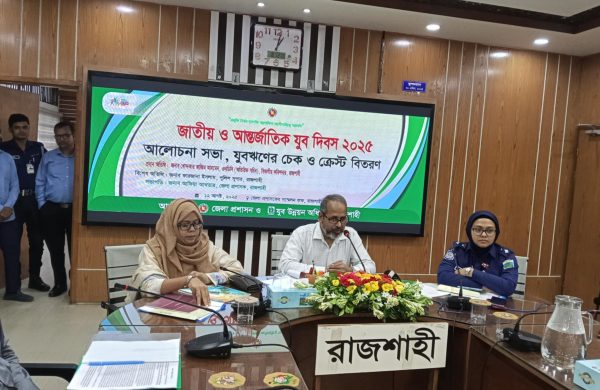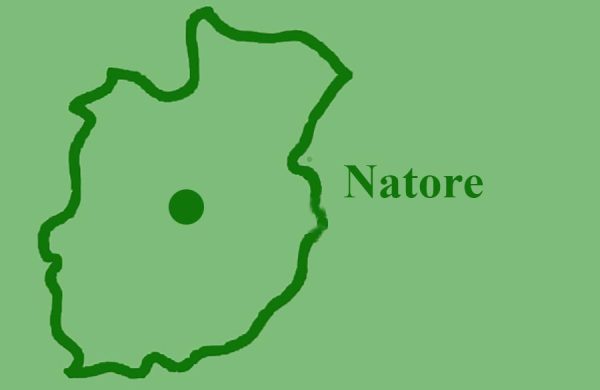65 new parties apply to Election Commission for registration
- Update Time : Monday, April 28, 2025
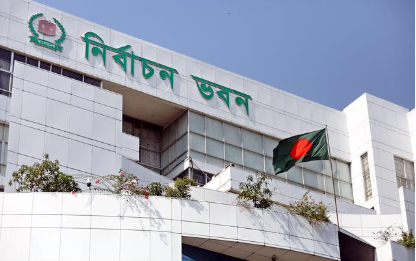
TDS Desk:
So far, 65 new parties have applied for registration with the Election Commission, with more than two dozen others preparing to submit their applications. Eyeglass shops, madrasas, and contractors’ offices are now being used as party headquarters. Some individuals are even forming new parties to distance themselves from their past ties with the Awami League. However, alongside these nominal parties, a few promising groups have also emerged.
Third on the list of parties applying for registration is the Bangladesh Expatriate Welfare Party. Its chairman, 42-year-old Md. Shifon Bhuiyan, spent 15 years in Singapore and currently owns an eyeglass shop on Ramakanta Nandi Lane, Kotwali Thana. He plans to use this rented one-room shop as the party’s main office.
Shifon Bhuiyan said, “The shop still contains eyeglasses and other goods. Once we get registration, we’ll remove them and set up chairs and tables to run it as our party office. We also plan to open another office in Khulna.”
Their goal is “to serve the people.” About a month and a half ago, they held a small meeting. Shifon hopes to contest the next national election in Gopalganj-2 if registered, otherwise as an independent candidate.
The 20th party on the list is Bangladesh Janaganer Dal (BAJD). Its general secretary, 44-year-old H.M. Rezaul Karim Khokon, used to be the general secretary of Awami League’s Sayna Raghunathpur Union in Kaukhali Upazila, Pirojpur. He was also associated with Chhatra League and Krishak League, and once contested a UP election with the Awami League’s “boat” symbol.
Now, he has no affiliation with the Awami League. His party’s office is located at 85 Nayapaltan, 4th floor, Mosque Lane, Dhaka—actually the office of a contractor from whom he took permission to use the address. Asked if they have other offices, he replied, “We’re thinking of opening offices in Pirojpur and Kaukhali, but we haven’t found much support yet. No one agrees without some benefit.”
Rezaul Karim Khokon added that he himself is involved in small subcontracting businesses. If registration is not granted, he still intends to run for office under his own party’s banner.
The 34th party on the list is Janata Mahajot Bangladesh. Its main office is listed at College Road, Chairman Bari, East Jurain, Kadamtali—actually the address of a Hafezi Madrasa. President Alhaj Maulana A.K.M. Nurul Islam explained they are temporarily using a room provided by the madrasa. He said, “If we can build our organizational strength, the room will be permanently allocated as our office.”
A similar situation exists with the 59th party, Ahimsa Gana Andolon (Nonviolent Mass Movement). Its chairman Md. Abdullah said they have rented a room in a commercial building’s fifth floor that was previously used for storing IT equipment.
Asked about the purpose of forming a political party, Abdullah explained, “We have long struggled to address discrimination in the pharmaceutical sector. When our movement did not succeed, we decided to form a political party. Our members are representatives from the pharmaceutical sector.”
The 12th party, Bangladesh Bekar Samaj (BABES), is led by President Md. Hasan. He said their office is at Crescent Road, Dhanmondi—actually inside his wife’s residence. Hasan added, “I have a few shops in New Market. I want to work for the unemployed. I first applied for party registration back in 2008 but did not succeed.”
HISTORY OF PARTY REGISTRATION IN BANGLADESH
In 2008, when the Election Commission first started registering political parties, 107 parties applied. Of them, 68 failed to meet requirements. Freedom Party’s registration was revoked despite initially being granted.
Regional parties like the Parbatya Chattagram Jana Samhati Samiti were denied registration for not aligning with the Constitution.
Although many collected application forms, the high cost of meeting registration conditions discouraged them.
Election Commission officials say the 2008 registration effort was aimed at filtering out nominal parties, but before every national election, the EC still struggles to vet numerous unqualified applicants. Some nominal parties even manage to get registered despite unclear goals and visions.
THIS TIME THE SITUATION IS SLIGHTLY DIFFERENT
Along with nominal parties, some promising new groups have emerged.
After the fall of the Hasina government, young leaders from mass uprisings formed the National Citizens’ Committee (NCP) on February 28.
Earlier, on August 23, the Nucleus Party of Bangladesh (NPB) launched, followed by the Nationalist Democratic Party on September 8.
Former members of Dhaka University’s Chhatra Shibir are preparing to launch United Peoples Bangladesh (UP Bangladesh).
On April 25, actor Elias Kanchon also launched Janata Party Bangladesh.
In eight months, 24 new political parties have emerged.
POLITICAL ANALYSTS’ VIEWS
Analysts believe the surge in new parties stems from distrust in existing political parties and an attempt to seize opportunities in post-uprising Bangladesh.
Rasheda Raunak, a professor of Anthropology at Dhaka University, told Kaler Kantho,
“Previously, there was a binary view: two dominant parties. People are now moving away from that mindset. They believe they can also lead and engage in politics. They no longer trust a single leadership. Many smaller leadership groups are forming their own parties.”
POET, POLITICAL ANALYST, AND THINKER FARHAD MAZHAR SAID,
“Previously, people did not even have the right to speak. Now, different groups are trying to make their voices heard and engage politically. Whether they survive or not is secondary. The emergence of political aspirations and a desire to speak out is a positive development. The proliferation of parties shows that existing parties no longer represent the people’s interests.”
FILLING THE POLITICAL VACUUM
Ismail Samrat, chairman of the Bangladesh Jan-Adhikar Party, said their party was formed to fill the political vacuum created by the withdrawal of a major “fascist political force” from the field. Their party launched at the Institution of Engineers Bangladesh auditorium on February 19.
Tarek Rahman, secretary general of Aam Janata Dal, explained that their party formed to oppose Indian aggression after the breakup of Gonodhikar Parishad, as no existing party adequately represented their concerns.


